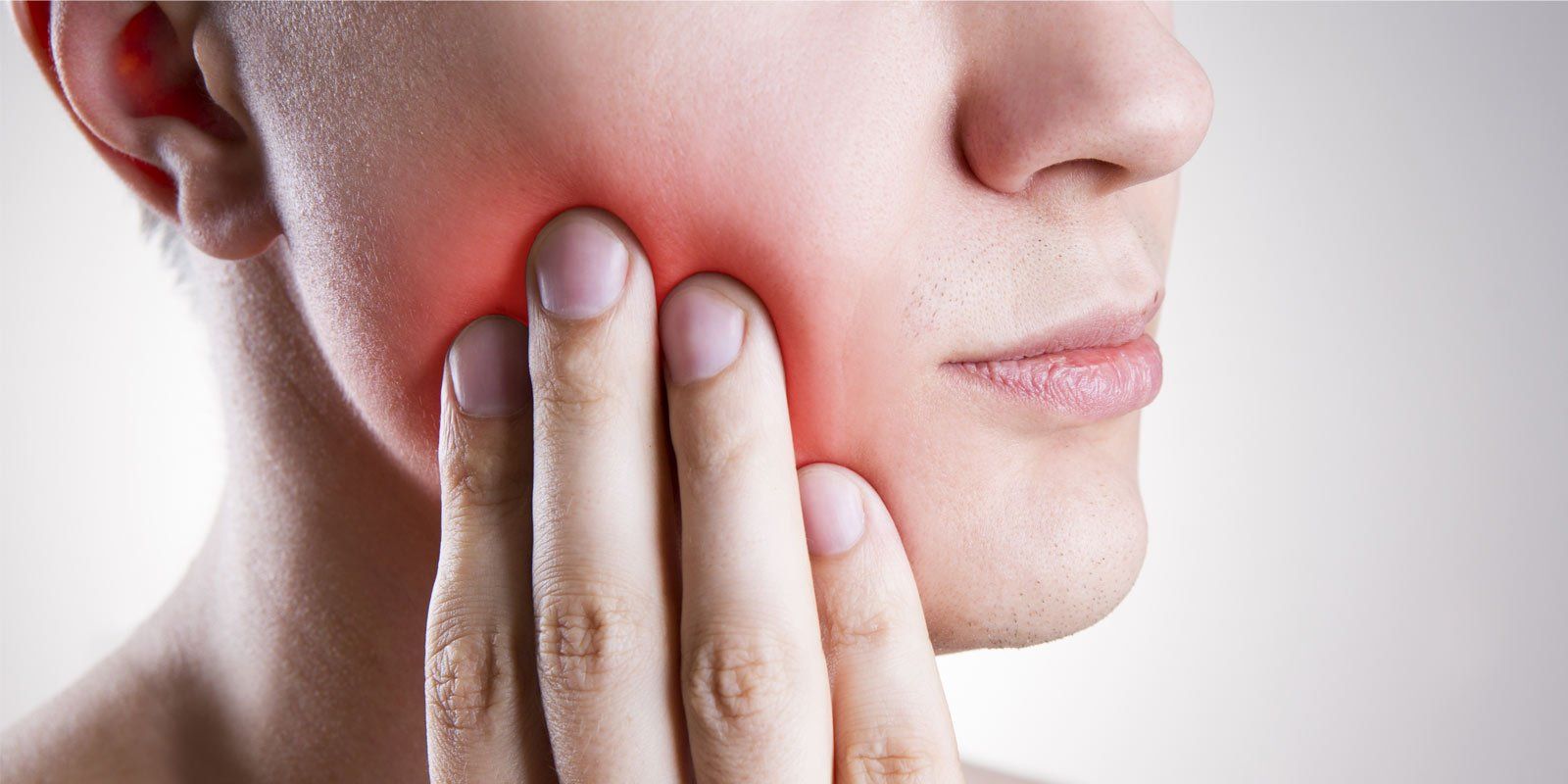Vitamin D Deficiency and Periodontal Disease Treatments
Recent studies show a correlation between increasing vitamin D and periodontal disease improvement, says the National Institute of Health.

Vitamin D has many qualities to help reduce swelling and boost the density of bones and teeth. Periodontists understand how the intake of each vitamin and mineral affects the body. They help patients figure out the best way of adding more of this vitamin to the diet to improve dental health.
Do you have gingivitis or gum disease? Do you want to know how natural treatments can help improve your symptoms? For example, bleeding gums can be painful, and more severe issues with periodontal disease can cause teeth to loosen or infect gum tissue pockets.
What Does Vitamin D Do?
Medline says vitamin D helps the body extract calcium from the diet and absorb it better. It is essential to note that vitamin D absorption happens through digestion and absorbing sun rays. A 30-minute sunbathing session can improve your mood and relieve depression symptoms? This vitamin is beneficial for bone density, improving the immune system, reducing inflammation, and fighting abnormal cells in the body. In addition, vitamin D helps maintain the health of nerves.
When a person with periodontal disease takes vitamin D supplements, they may notice less swelling and fewer oral infections. The rate of bleeding, gum recession and looseness of teeth are other ways to detect improvement.
How Much Vitamin D Does One Need
Vitamin D offers many benefits for people who take a regular supplement. Unfortunately, our diet does not give us enough of this vital nutrient. We need more vitamin D to protect the bone mass and gums when elderly. Babies under a year old only need about 400 units of vitamin D a day, whereas toddlers to the elderly need 600 units per day. At age 70, a person should increase the intake to about 800 international units or UI. A person diagnosed with vitamin D deficiency will probably need more than the amount in the recommendations.
Benefits of Taking Vitamin D Supplements for Periodontal Disease
People may experience Periodontal Disease Treatmentsimprovements when taking vitamin D supplements or getting more of the nutrient through diet and sun exposure. By combining vitamin D with calcium, the bones become stronger and thicker. The chance of breaking a bone is less with an increase in these crucial vitamins and supplements. A person may not get sick as often or have fewer oral infections when taking a higher level of the vitamin. Vitamin D prevents tooth loss, and the National Institute of Health says the nutrient improves bone thickness. Besides these benefits, vitamin D is a helpful supplement periodontists may recommend for patients after gum surgery. It speeds healing, reduces swelling, and maintains healthy gums following the procedure.
Causes of Low Vitamin D Levels
- Not eating enough foods rich in vitamin D
- Problems with the liver or kidneys absorbing the nutrient
- Lack of direct sunlight
- Problems with absorbing nutrients called malabsorption
- Taking medications that block the absorption of critical vitamins and nutrients like vitamin D
One thing to note here is when a person already knows there is a lack of vitamin D in the diet. These changes may not be enough to reach the right level in the body. Supplements are often necessary to help a person achieve the right amount of vitamin D in the bloodstream. A periodontist can answer your questions and help you determine which methods of vitamin D absorption and how much supplementation you need to improve gum disease and the symptoms of gingivitis.
Too Much Vitamin D
Signs of too much vitamin D include nausea, vomiting, fatigue or feeling weak, kidney damage, constipation, and difficulty eating from a lack of appetite. Other issues from taking too much vitamin D can include high levels of calcium in the blood affecting heart rhythms and making a person feel dizzy or disoriented. You will never get too much vitamin D from sun exposure because the body can only absorb so many nutrients at a time. The most common cause of too much vitamin D in the body is taking too many supplements.
Additional References
- What is vitamin D deficiency? - MedlinePlus
- The Relationship between Vitamin D and Periodontal Pathology - National Library of Medicine



